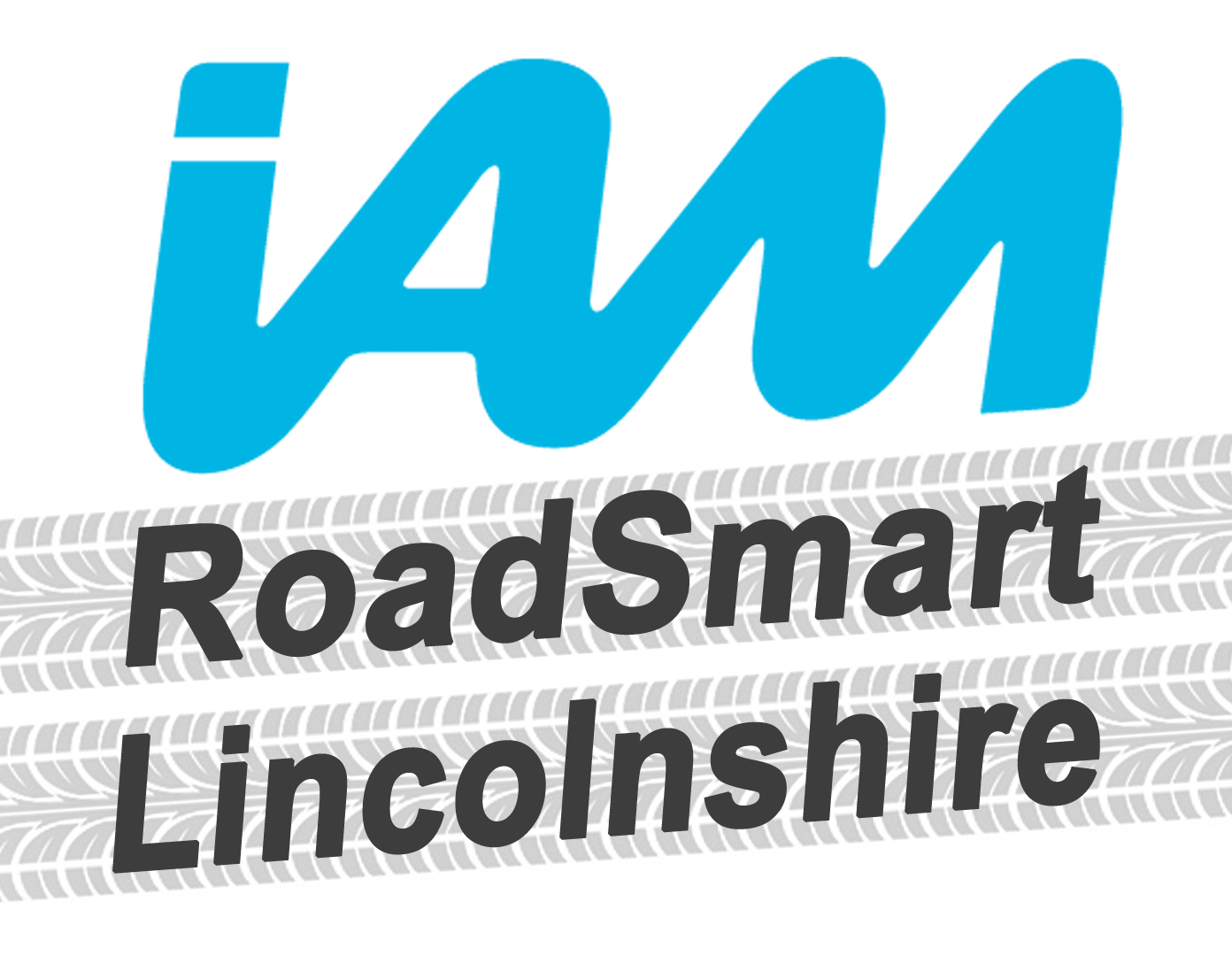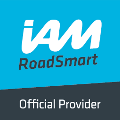Are you a member? Log in
X
Join our group
To join our group you need to be a current IAM member, to join the IAM click here.
If you are already an IAM member then please get in touch with our group using the contact us link in the menu.
Latest news
Build skills or risk losing them
National Observer, Ashley Behan, on skills development
It was obvious to me that taking and passing the IAM RoadSmart Advanced Driving Course was just the starting point of becoming a better road users. My observer, Tony Lofts, always told me that if you want to be the best you must have the knowledge and practice the skills you build through the advanced course (along with reading the Highway Code, etc). I have to confess, however, that practice and the total ‘adoption’ of my driving to the system of car control, amongst advanced techniques, took time to sink in.
Being 100% honest, I wrongly thought that ‘turning on’ the skills when Tony was in the car and ‘turning them off’ again (or partially at least) when he wasn’t would be enough for me to develop—and in part it was. But that method is never enough to be the best you can possibly be and is hardly enough to develop consistent skills to pass an IAM test (if you are an Associate reading this, my advice to you is you must adopt the system and other advanced techniques as part of your daily driving style and practice, practice, practice !)
Talking about the skills we have is one thing. “I’ve passed my advanced test” and “I’ve never had an accident” are great achievements, but it’s inevitable bad habits to creep into your driving over time. You won’t even notice some of these begin. Driving is subjective; different to everyone, but demonstrating the advanced standard we talk of consistently well takes continued coaching and development. This can be from reading books (the Advanced Course Handbook, How to be a better driver, Roadcraft, etc), watching DVDs and YouTube clips on advanced techniques, or physically seeking more practical coaching.
Every driver, of every level will make mistakes on every drive it’s important we admit and learn from them. By undertaking an advanced course; developing the skills and knowledge you have, your risk is reduced and enjoyment increased. But passing your advanced test is really just the beginning. Continual self assessment is as important as that from others. Thinking of the example of when the police attend a road traffic collision, they often hear the words “suddenly”, “quickly”, “out of the blue”; but I ask do things really happen that suddenly on the road? Last week, for example, a car pulled out in front of me from a side junction meaning I had to brake fairly hard. Perhaps their mistake, but what could I have done different to observe, anticipate and plan better for that situation?
So, next time you’re planning the month ahead on the calendar, or if you’re just up early one weekend morning; plan an unfamiliar route and go for a couple of hours drive. Go out to practice. Refine what’s good about your driving and don’t shy away from the bad; be open and evaluate to improve. If you’re unable to honestly assess yourself (some people are!) or you’d like someone else to check what aspects of your driving are the best and what needs a polish, then, by all means give us a call or drop us an email, one of our National Observer team will be happy to ride along with you! Advanced driving can be absolutely thrilling — enjoy the skills you have: Build on them, don’t risk losing them!

